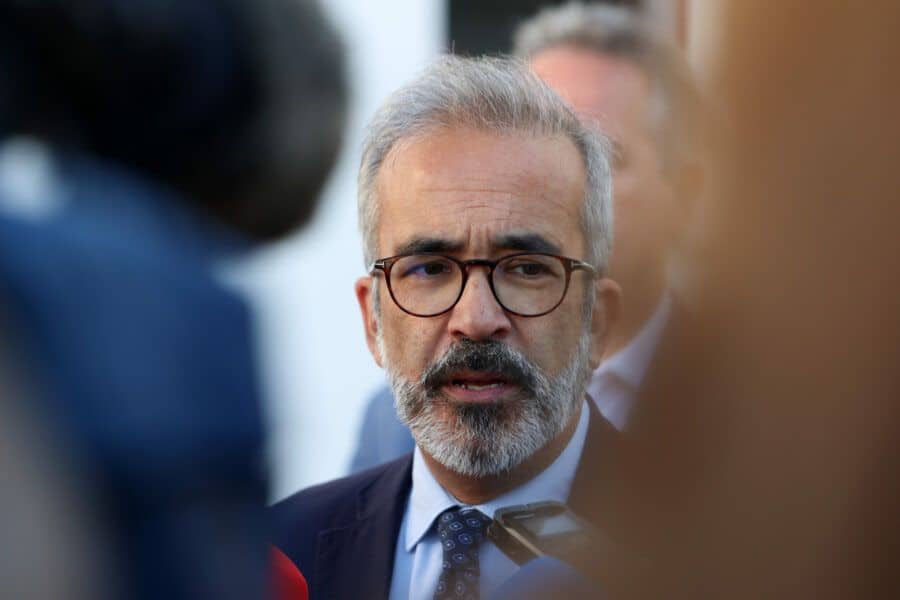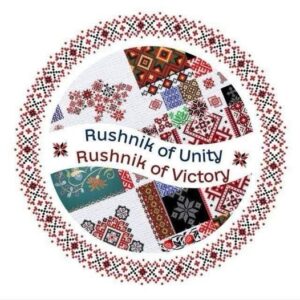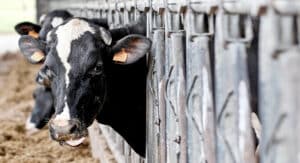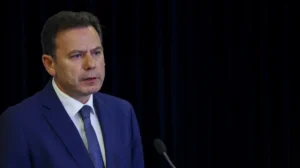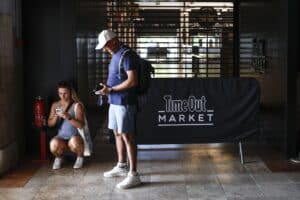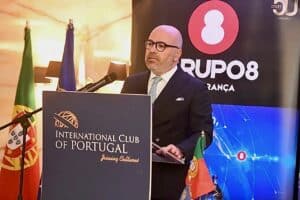Paulo Rangel “extremely cautious” about possibility of Russia accepting ceasefire proposal
In Kyiv today, and answering a number of questions, Portugal’s minister for foreign affairs Paulo Rangel has shown he too is doubtful that Russia will accept the ceasefire agreement forged between the US and Ukraine earlier this week.
Rangel’s reaction mirrors those of so many others before him. As former US vice-president Mike Pence has suggested: “Ukraine wants Peace. Putin doesn’t want Peace. Putin wants Ukraine. Time for America to Stand with Ukraine and Stand Firm Against Ongoing Russian Aggression.”
But for the time being, the ‘will he, won’t he’ dance around Mr Putin’s acceptance of the ceasefire continues, albeit “there is no certainty about the progress of this agreement”, Rangel has told reporters, in spite of the fact that the compromise on the table is clearly acceptable to both sides” (the United States and Ukraine).
As to Mr Putin’s statement yesterday, Paulo Rangel said that “the initial proclamation seemed to be encouraging” but the detail of the demands made by the Russian president left no room for concluding a ceasefire agreement.
Meantime, the minister (remaining in place until elections on May 18) discussed Portugal’s “very strong ties” with Ukraine, and the fact that the country is in “the front line” with those who “wants Ukraine’s integration in the European Union.
In a press conference with his Ukrainian counterpart Andrii Sybiha, Mr Rangel said it was “very important” that Portugal shows that it was in Ukraine to support the willingness “to find a solution to the conflict”.
“On the one hand, we are here to support the fact that Ukraine is involved in the negotiations and, secondly, that the European countries can also take part in this solution, insofar as it is a new order of European coexistence that is at stake and the European countries, friends of Ukraine, will contribute to the reconstruction of Ukraine”, he said.
It is too early to specify what role Portugal will play in this reconstruction, but “Portugal will always be available to participate in military support, as well as financial and political support”, Rangel stressed.
Portugal has been working “very directly with France and the United Kingdom”, the minister added, mentioning the next “very important meeting promoted by the British Prime Minister, Keir Starmer” in London tomorrow.
“We are endeavouring to be direct players in a solution as soon as we have a framework for peace,” he added.
Paulo Rangel also recalled that this year marks the 40th anniversary of Portugal’s accession to the European Union and that “this has changed Portugal and contributed to democracy”.
“Obviously we will be at the forefront of those who want Ukraine to join the European Union” he emphasised.
Lusa referred to how Andrii Sibiga recalled that “from the first days of the Russian invasion” Portugal “opened its doors and welcomed thousands” of Ukrainians. He then asked for Portugal’s support in its relations with African and Latin American countries, in order to “close off” possibilities for Russia circumventing sanctions and this way, enlisting the help of “other partners to fuel the conflict”.
It has already become very apparent that Russia’s influence in Africa has extended to former Portuguese colonies, which still enjoy close relations with this country.
Finally, Paulo Rangel shared a moment today that he experienced during his meeting with Andrii Sybiha.
“I was extremely moved when, at the end of our bilateral meeting, Minister Sybiha gave me a bracelet with bullets that were used in this war. This is the spilled blood of Ukrainians that is symbolised here”, he said. ND

